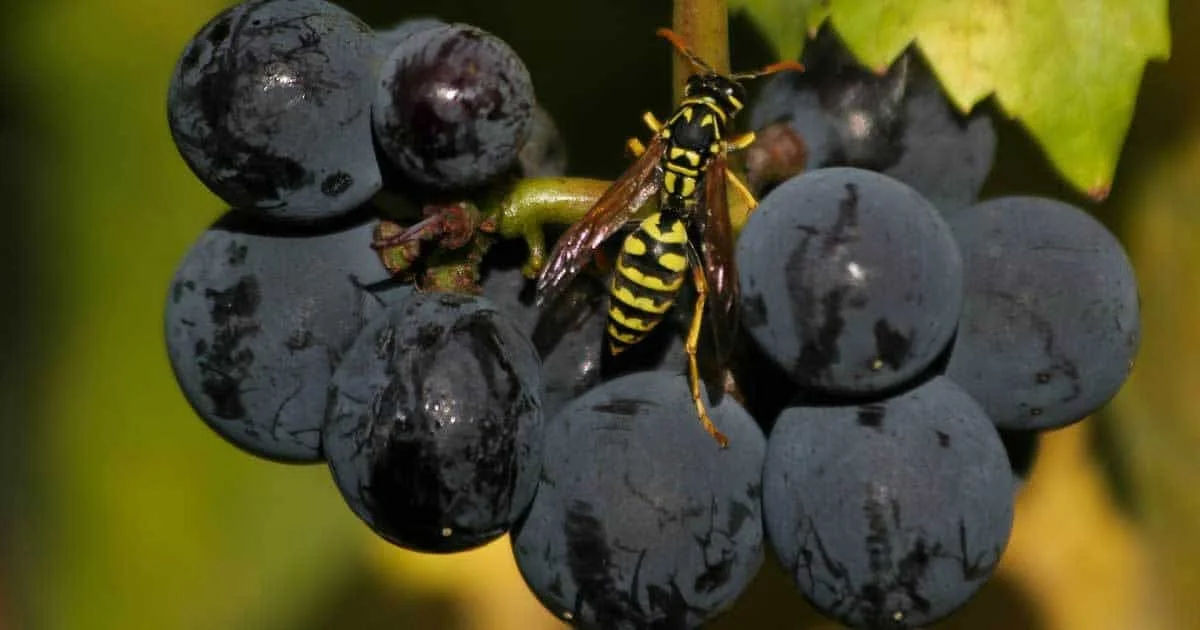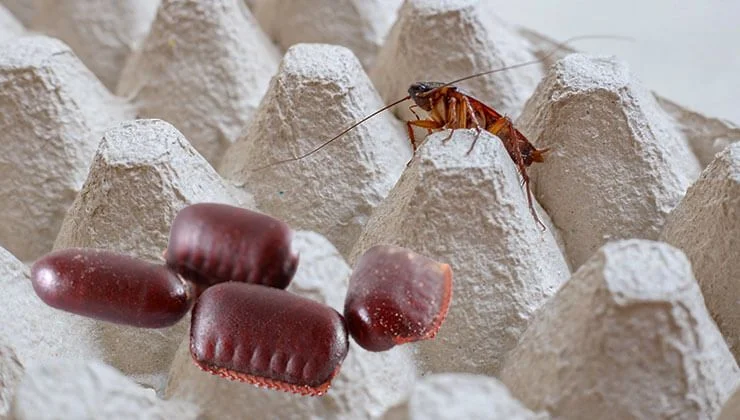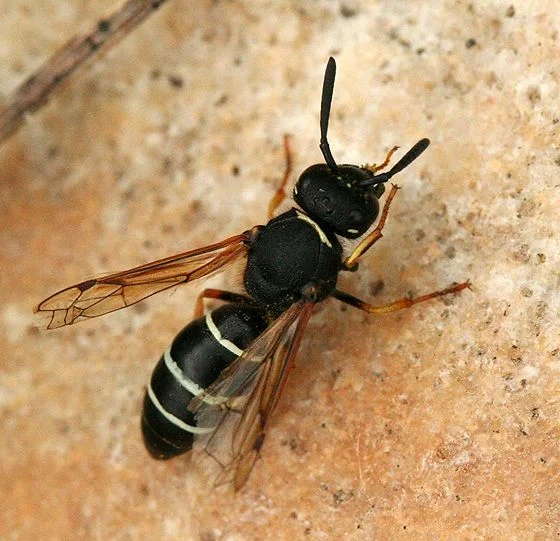Few insects spark as much fear—and curiosity—as wasps. These buzzing insects may seem like unwelcome guests at picnics, but they play an important role in the ecosystem. If you’ve ever wondered “what do wasps eat?”, you’re not alone. At Eco Pest, we explain their diet, behavior, and why understanding what wasps eat can help you manage them more effectively.
What Do Wasps Eat?
Wasps are opportunistic feeders, meaning their diet changes depending on their species, life stage, and available food sources. Unlike bees, which rely mainly on nectar and pollen, wasps enjoy a much wider variety of foods.
Adult Wasps: Sugar Lovers
Most adult wasps crave sugar. Common food sources include:
- Nectar from flowers
- Tree sap and rotting fruit
- Human foods like soda, juice, and sweets
This explains why wasps often hover around outdoor meals, trash bins, and fallen fruit—especially in late summer.
Larval Wasps: Protein Hunters
Wasp larvae need protein to grow, and the adults provide it by hunting. Depending on the species, they may feed their young:
- Insects such as flies, caterpillars, spiders, and even mosquitoes
- Other arthropods like ants and aphids
- Meat scraps from human food waste
Some wasps even paralyze prey and carry it back to the nest, keeping it fresh for their larvae.
Do Wasps Eat Bees?
One of the most common questions is: “Do wasps eat bees?” The answer is sometimes. Certain species, like yellow jackets and hornets, may prey on bees when food sources are scarce. They might:
- Attack bees to feed their larvae
- Steal honey from weakened hives
- Target solitary bees as easier prey
That said, most wasps prefer softer, less dangerous targets like caterpillars and flies.
Wasps vs. Hornets: What’s the Difference?
Hornets are a type of wasp, but their diet is often more aggressive. While both feed on nectar and insects, hornets frequently hunt:
- Larger insects such as grasshoppers and moths
- Other wasps
- Honeybee colonies (especially species like the Asian giant hornet)
This makes hornets some of the most formidable predators in the insect world.
What Eats Wasps? Their Natural Predators
Even though wasps are predators, they aren’t at the top of the food chain. They’re preyed upon by:
- Birds (starlings, magpies, tanagers)
- Spiders (especially orb-weavers that trap them in webs)
- Bats (some species catch wasps in flight)
- Insects (dragonflies, robber flies, praying mantises)
These natural predators help balance wasp populations.
Benefits of Wasps in Nature
Despite their reputation, wasps provide several important ecological benefits:
✔ Pest control – They hunt caterpillars, aphids, and flies, helping gardens thrive.
✔ Pollination – While not as efficient as bees, many wasps pollinate flowers.
✔ Decomposition – They help recycle nutrients by feeding on decaying matter.
So while wasps can be a nuisance, they’re also essential contributors to nature’s balance.
How to Keep Wasps Away (Safely & Eco-Friendly)
If wasps are becoming a problem, you can discourage them without harming the environment:
- Use homemade wasp traps with sugar water or juice (avoid honey to protect bees).
- Keep food and drinks covered during outdoor meals.
- Clean up fallen fruit in your yard.
- Plant natural wasp-repelling herbs like mint, citronella, and eucalyptus.
- For large or persistent nests, contact Eco Pest for safe, professional removal.
Final Thoughts
Wasps are more than just stingers at summer barbecues—they’re hunters, pollinators, and recyclers. By understanding what they eat, you can reduce unwanted encounters while appreciating their role in nature. If wasps are nesting too close for comfort, Eco Pest offers humane, eco-friendly solutions to keep your property safe and wasp-free.



